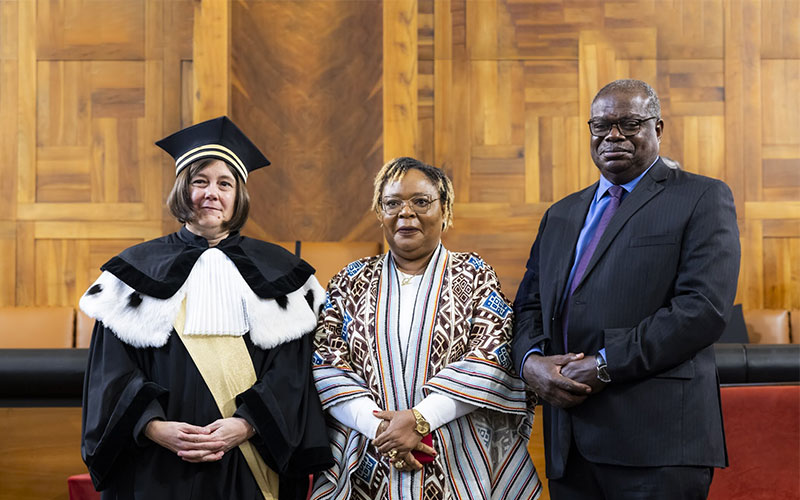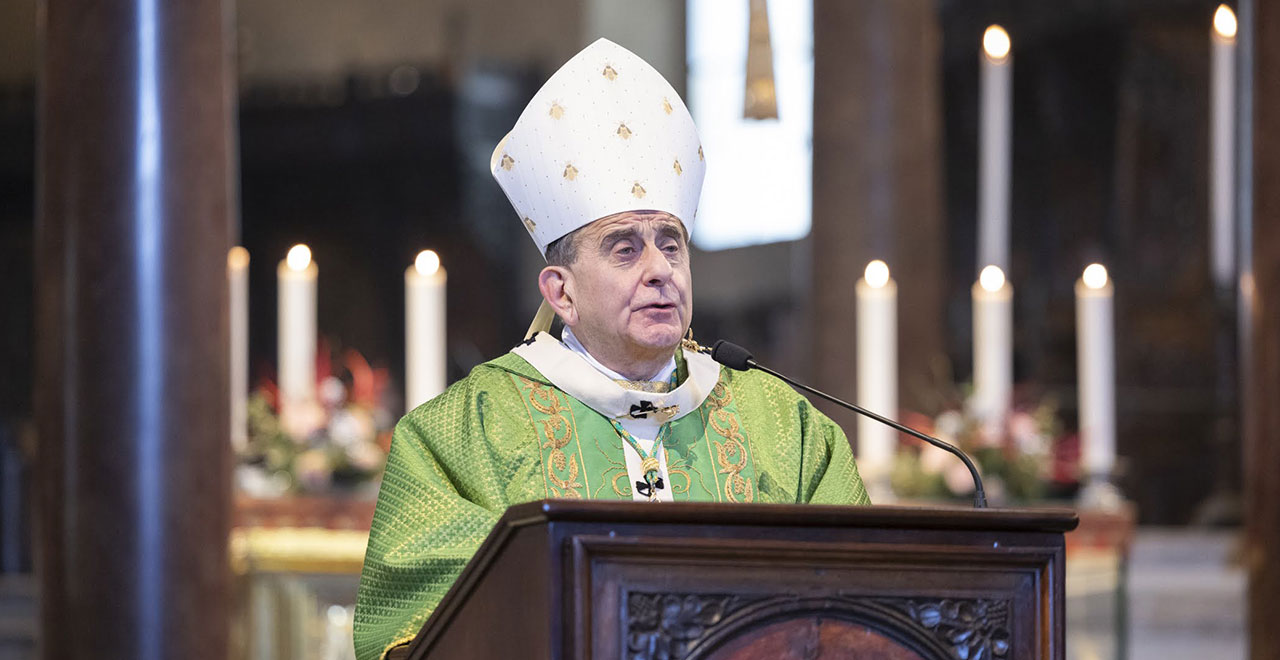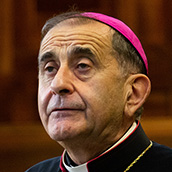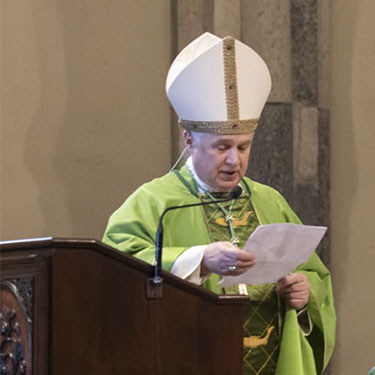(Sir 44, 1.19-21; Ps 104; Mk 2, 13-14.23-28)
Who will liberate us from the degeneration of bureaucracy?
The sacred law of the Sabbath, the commandment to enter into God's rest on the Sabbath day, has become a weapon for condemning transgressions, a regulation intended to instil fear, and a constraint that limits freedom.
The degeneration of the Sabbath commandment makes one reflect on the degeneration of bureaucracy: while bureaucracy is an indispensable instrument for avoiding arbitrariness and allowing for the verification of correctness, it can devolve into a maze of technicalities, an obsession with procedure, and an imposition of obligations and accountability. Consequently, everything becomes tedious, and everything can turn into a weapon to catch noncompliance and undermine those who strive ahead. The flood of forms, signatures, and certifications reduces individuals to mere data collectors and offloads responsibility onto algorithms.
Bureaucracy and regulations intended to bring order to university life risk degenerating into obstacles, delays, and excuses that stifle enthusiasm, and pitfalls that reduce fellowship to mere correctness, and relationships to mere adherence to etiquette.
Who will liberate us from the degeneration of bureaucracy?
Who freed the disciples from the degeneration of the Sabbath law?
Jesus proposes a conversion to the hierarchy of priorities: the Sabbath was made for man and Jesus is Lord even of the Sabbath.
Perhaps within the university, there exists a sufficient concentration of intelligence and goodwill to assume the responsibility of rebuilding trust in relationships, embrace accountability in decision-making, exercise wisdom in procedures, in short, place organisation at the service of the person and formalities at the service of substance.
Those who recognise that the Son of Man is Lord even of the Sabbath will find the way for the Sabbath law to be practised in accordance with God's will, meaning that humanity’s children may be free and happy.
Perhaps it could be said that those who believe the Son of Man is also Lord of bureaucracy will discover the means for bureaucracy too to be used according to God's will, that is, ensuring that everything contributes to justice within the community and that each individual is helped to attain freedom and happiness.
He saw a man sitting...
Perhaps Jesus addresses Levi, son of Alphaeus, with such urgency because he observes a man sitting: he has settled, he has his job, a somewhat dull and undoubtedly unpopular role.
A man sitting, while the Lord created men and women to stand, to be on the move, to live joyfully and amiably.
Can we find here an image of Catholic culture? Can we identify a situation that characterises our university, to which Jesus draws near?
Perhaps one could speak of a seated culture, a wisdom that has become complacent, situated in a somewhat dull and unpopular state.
A seated culture views its history as if it were a museum, unperturbed by the thrill, fervour, and audacity of journeys.
A seated culture equips individuals for professions that serve the system, encourages complacency through repetition, and finds comfort in standardisation.
A seated culture, i.e. one that is hesitant and embarrassed in professing its originality, timid in self-presentation, is so respectful of clichés and political correctness that it becomes irrelevant.
A seated culture, i.e. one inclined to avoid troubling questions, to disguise qualifying affiliations, to pause before that beyond that both attracts and frightens.
The passage from the Gospel becomes relevant: as Jesus was passing by, he saw Levi, the son of Alphaeus, sitting at the tax booth, and he said to him: Follow me!
In Levi’s, son of Alphaeus, prompt obedience, one recognises a predisposition towards boldness, a longing for the journey, and especially the persuasive power of Jesus.
Thus, the human soul, as well as the community of Università Cattolica and culture, can promptly respond to Jesus’s call. And he arose and followed him. Perhaps we, too, can set out in the wake of the Lord.
A culture that stands up, finding it boring, frustrating, and unsatisfying to remain seated.
A culture that stands up and follows Jesus, finding it compelling to listen to His words, embracing the freedom to live in the light of revelation, and in the restlessness of an interpretation of the world that takes hope as its principle rather than merely collecting and reprocessing data.
A culture that stands, follows Jesus, walks on, and takes on an original vision of people’s hunger, the power of the powerful, the normativity of the law, the meaning of history, and individuals’ vocations.
A culture that stands up, follows Jesus, and is willing to be unpopular as He was, persecuted as He was persecuted, and missionary as He was a missionary.
A culture that stands up, follows Jesus, attending to contemporary culture, appreciating every spark of light, and walking alongside all brothers and sisters to traverse time in search of its fulfilment.
In conclusion, with the inauguration of the 2024/2025 academic year, we are confident that Jesus passes among us, reveals Himself as Lord, and accomplishes His work.
In particular, He calls us to follow Him and to promote that culture that stands up, the culture that rises and follows Jesus as pilgrims of hope, to proclaim a message of the Gospel in this time. And He calls us to be men and women of legality who redeem from the entanglement of bureaucracy, fostering a dynamic of relationships and obligations grounded in trust, sobriety, and the centrality of the individual.






